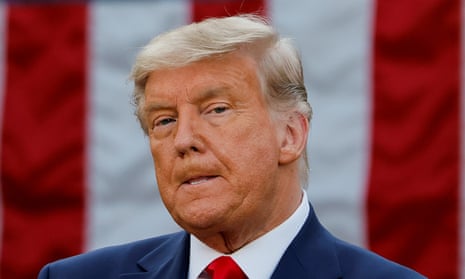Why Is China in So Much Trouble?

“The narrative about China has changed with stunning speed, from unstoppable juggernaut to pitiful, helpless giant. How did that happen?
My sense is that much writing about China puts too much weight on recent events and policy. Yes, Xi Jinping is an erratic leader. But China’s economic problems have been building for a long time. And while Xi’s failure to address these problems adequately no doubt reflects his personal limitations, it also reflects some deep ideological biases within China’s ruling party.
Let’s start with the long-run perspective.
For three decades, after Deng Xiaoping took power in 1978 and introduced market-based reforms, China experienced an enormous surge, with real gross domestic product increasing more than sevenfold. This surge was, to be fair, only possible because China started out technologically backward and could rapidly increase productivity by adopting technologies already developed abroad. But the speed of China’s convergence was extraordinary.
Since the late 2000s, however, China seems to have lost a lot of its dynamism. The International Monetary Fund estimates that total factor productivity — a measure of the efficiency with which resources are used — has grown only half as fast since 2008 as it did in the decade before. You should take such estimates with large handfuls of salt, but there has been a clear slowdown in the rate of technological progress.
And China no longer has the demography to support torrid growth: Its working-age population topped out around 2015 and has been declining since.
Many analysts attribute China’s loss of dynamism to Xi, who took power in 2012 and has been consistently more hostile to private enterprise than his predecessors. This seems to me to be too glib. Certainly Xi’s focus on state control and arbitrariness haven’t helped. But China’s slowdown began even before Xi took power.
And in general nobody is very good at explaining long-run growth rates. The great M.I.T. economist Robert Solow famously quipped that attempts to explain why some countries grow more slowly than others always end up in “a blaze of amateur sociology.” There were probably deep reasons China couldn’t continue to grow the way it had before 2008.
In any case, China clearly can’t sustain anything like the high growth rates of the past.
However, slower growth needn’t translate into economic crisis. As I’ve pointed out, even Japan, often held up as the ultimate cautionary tale, has done fairly decently since its slowdown in the early 1990s. Why do things look so ominous in China?
At a fundamental level, China is suffering from the paradox of thrift, which says that an economy can suffer if consumers try to save too much. If businesses aren’t willing to borrow and then invest all the money consumers are trying to save, the result is an economic downturn. Such a downturn may well reduce the amount business are willing to invest, so an attempt to save more can actually reduce investment.
And China has an incredibly high national savings rate. Why? I’m not sure there’s a consensus about the causes, but an I.M.F. study argued that the biggest drivers are a low birthrate — so people don’t feel they can rely on their children to support them in retirement — and an inadequate social safety net, so they don’t feel that they can rely on public support either.
As long as the economy was able to grow extremely fast, businesses found useful ways to invest all those savings. But that kind of growth is now a thing of the past.
The result is that China has a huge quantity of savings all dressed up with no good place to go. And the story of Chinese policy has been one of increasingly desperate efforts to mask this problem. For a while China maintained demand by running huge trade surpluses, but this risked a protectionist backlash. Then China channeled excess savings into a monstrous real estate bubble, but this bubble is now bursting.
The obvious answer is to boost consumer spending. Get state-owned enterprises to share more of their profits with workers. Strengthen the safety net. And in the short run, the government could just give people money — sending out checks, the way America has done.
So why isn’t this happening? Several reports suggest that there are ideological reasons China won’t do the obvious. As best I can tell, the country’s leadership suffers from a strange mix of hostility to the private sector (just giving people the ability to spend more would dilute the party’s control); unrealistic ambition (China is supposed to be investing in the future, not enjoying life right now); and a sort of puritanical opposition to a strong social safety net, with Xi condemning “welfarism” that might erode the work ethic.
The result is policy paralysis, with China making halfhearted efforts to push the same kinds of investment-led stimulus that it used in the past.
Should we write China off? Of course not. China is a bona fide superpower, with enormous capacity to get its act together. Sooner or later it will probably get past the prejudices that are undermining its policy response.
But the next few years may be quite ugly.
Paul Krugman has been an Opinion columnist since 2000 and is also a distinguished professor at the City University of New York Graduate Center. He won the 2008 Nobel Memorial Prize in Economic Sciences for his work on international trade and economic geography. @PaulKrugman“



